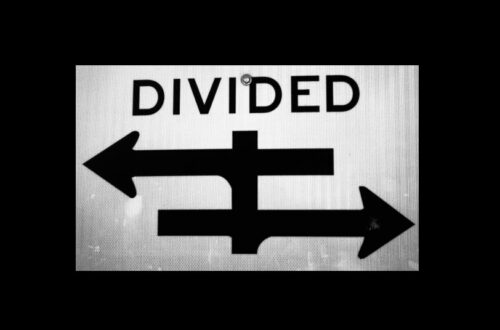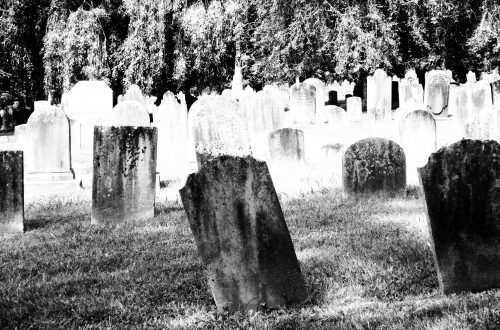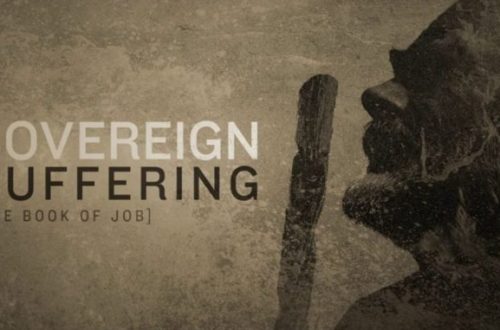The Horror of Sin & the Honor of Jesus Christ: Meditations on Hebrews 10:19-31 (Part 1)
The dangerous temptation after having been sinned against is to use the sin of another for greater harm. We have seen some ugly sins in our history as a church. The safe thing to do after having seen or experienced the horror of the sin of another is to see our sin for what it is and tremble at the horror of our own sinfulness. A Hungarian proverb sums it up nicely: “Adam ate the apple, and our teeth still ache.”1
Before our Lord was betrayed, He held up the cup in that upper room and said, “This cup that is poured out for you is the new covenant in my blood” (Luke 22:20); it is the same cup Jesus sweat great drops of blood over as He prayed, “Father, if you are willing, remove this cup from me. Nevertheless, not my will, but yours, be done” (v. 42). It was the Father’s will for the Son to drink every drop of the cup of His full unadulterated wrath that we so deserved. Why? Because the Bible declares: “Without the shedding of blood there is no forgiveness of sin” (Lev. 17:11; Heb. 9:22).
Jesus shed His blood by becoming a curse of us, for as you know the Bible says: “Christ redeemed us from the curse of the law by becoming a curse for us—for it is written, ‘Cursed is everyone who is hanged on a tree’” (Gal. 3:13). Jesus was wounded for our transgressions, Jesus was crushed for our iniquities; upon Jesus was the chastisement that brought us peace (Isa. 53:5), and now the angels sing: “Worthy are you, for you were slain, and by your blood you ransomed people for God from every tribe and language and people and nation, and you have made them a kingdom of priest to our God, and they shall reign on the earth” (Rev. 5:9-10).As we come to Hebrews 10, I want to briefly address verses 19-25 by considering what it is we can be confident in. We will then spend the majority of our time looking at the remaining verses of our passage by considering what dangers lurk in our own hearts, but we cannot do that unless we address verses 19-25. It is my prayer that God’s Holy Spirit will wake us up, open our eyes, and take heed to these verses like never before.
Our Confidence (vv. 19-25)
The writer of Hebrews just finished explaining the nature of Jesus’ sacrifice. Before Jesus, sacrifices were made daily for the people of Israel, but Jesus’ sacrifice of his own self was allthat was needed to cover the sins of those who would seek the forgiveness of God in Jesus. Immediately preceding verse 19 we find these words in verses 11-14, "And every priest stands daily at his service, offering repeatedly the same sacrifices, which can never take away sins. 12 But when Christ had offered for all time a single sacrifice for sins, he sat down at the right hand of God, 13 waiting from that time until his enemies should be made a footstool for his feet. 14 For by a single offering he has perfected for all time those who are being sanctified."
This is why we read in our text, “Therefore, brothers, since we have confidence to enter the holy places by the blood of Jesus… let us draw near with a true heart in full assurance of faith, with our hearts sprinkled clean from an evil conscience and our bodies washed with pure water” (vv. 19, 22). Our confidence that our sins have been forgiven, rests in the shed blood of King Jesus. It is in light of this amazing news that the apostle John writes, “See what kind of love the Father has given to us, that we should be called children of God; and so we are” (1 John 3:1).
In light of God’s amazing love lavished out on sinners like us, verse 23-24 exhorts us to do two things: the first is that we, “hold fast the confession of our hope without wavering…” “Hold fast” comes from the Greek word katexo, which can also be translated: “keep in one’s possession” or “prevent from going away.” The point is that we who have been recipients of this great salvation must hold onto the Gospel as the most important reality we have ever experienced, and to do it without wavering on its truth. Why are we to hold on to this “good news”? We hold on to it because the God who promised your salvation in and through Jesus is faithful.
The second thing we are to do in light of the great salvation God made possible is that we, “take thought how to provoke one another to love and good works…” What verse 24 is telling us is that (1) sanctification is a community project, and (2) we must “stir up” one another to live out our love for God and people through good works.
Why is it critically important to meet together to encourage one another as we see the Day drawing near for Jesus soon return? Because (1) it was our sin and God’s holiness that put Jesus on the Cross, and (2) in our hearts there still lurks a great danger that verses 26-31 warns us about, to which we will turn our attention in my next blog.


